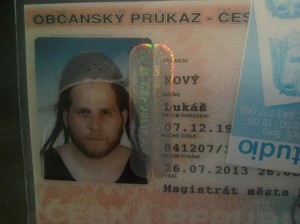A new definition of religion?
I want to propose a new definition of religion that encompasses religions both old and new, particularly borderline ‘religions’ such as Buddhism, Scientology, New Age and Pastafarianism (FSM).
I will argue that religion is a memeplex of skilful means.
Memeplexes are systems of memes – self-replicating ideas – that compliment and work together to create a powerful ideological structure in the human mind. ‘Meme’ is a relatively recent (and still quite ‘controversial’) concept created by Richard Dawkins and expanded on by Susan Blackmore, and provides some critical insight into the origin of development of religious ideas in the human mind.
Skilful means is an ancient Mahayana Buddhist concept – a form of teaching or ‘vehicle’ that is used by the teacher to persuade the listener to follow the best path of action based on information which is unprovable, allegorical, or simply untrue.
Surprisingly, when understood together, these ancient and modern ideas help understand what is so unique about religion. The memeplex of skilful means theory describes a clear, legally useful definition of religion that creates a clear structure for identifying what religion is and is not, is sensitive to belief and non-belief and makes no value judgement on whether religion is ‘true’ or not.
Here is my working definition, which I will expand upon and develop in later posts.
Religion is a self-replicating system of ideas [and symbols] with unverifiable claims or narratives that is designed (or naturally selected) to change the behaviour of individuals and/or groups of people in significant and permanent ways, usually to the benefit of the system itself.
© Andy Nobes 2014

